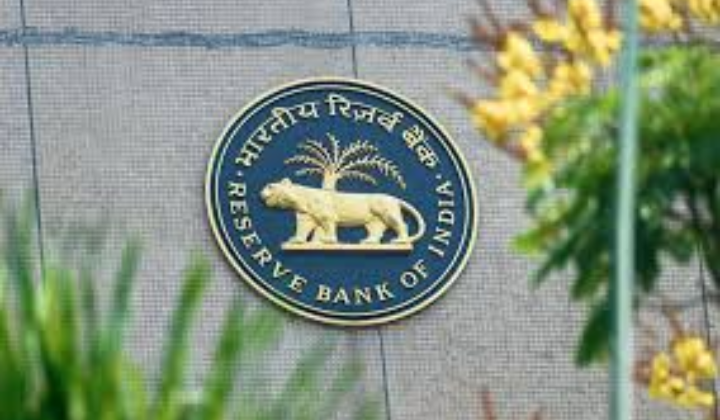The Reserve Bank of India (RBI) has imposed penalties on three co-operative banks after finding that they failed to follow important regulatory rules. This action highlights RBI’s strict stance on ensuring discipline, transparency, and customer protection within the co-operative banking sector. Although these banks play a key role in serving local communities, many still struggle with proper governance and compliance, which is why RBI continues to strengthen its oversight.
Three Co-operative Banks Fined by RBI for Ignoring Regulatory Guidelines
The Reserve Bank of India has recently taken strict corrective measures against three co-operative banks for not adhering to key regulatory standards. This move reflects the RBI’s continued effort to enhance accountability and strengthen the stability of the co-operative banking segment, which often caters to grassroots-level customers.
Why RBI Took Action
By imposing these penalties, the central bank aims to reinforce better governance, improve compliance culture, and ensure that financial institutions handling public money operate with greater transparency and responsibility. RBI found several violations during inspections. The major issues included:
1. Weak KYC & AML Compliance
The banks did not properly follow Know Your Customer (KYC) and Anti-Money Laundering (AML) guidelines. This increases the risk of fraud and suspicious activities.
2. Delayed or Incorrect Reporting
Mandatory reports submitted to RBI were either late or inaccurate, making it difficult for the regulator to evaluate their financial health.
3. Violation of Lending Norms
Some banks exceeded permitted loan exposure limits and did not follow RBI’s lending guidelines, which can endanger depositor funds.
4. Poor Internal Control Systems
Internal audits were ineffective or irregular, revealing a lack of proper monitoring and governance within the banks.
Impact on the Co-operative Banking Sector
These penalties send a strong message:
- Co-operative banks must strengthen their compliance and governance frameworks.
- Transparency and accurate reporting are mandatory, not optional.
- Risk-management systems need urgent improvement.
- Any bank that violates RBI norms will face strict consequences.
What This Means for Customers
For customers and depositors, RBI’s action is a step toward:
- Safer banking practices
- Better protection of savings
- More transparency in financial operations
- Higher accountability from banks
This ensures that customer interests remain protected.




 Can Final Year Students Apply for the SB...
Can Final Year Students Apply for the SB...
 Documents Required for IBPS RRB PO Inter...
Documents Required for IBPS RRB PO Inter...
 GA Questions Asked In SEBI Grade A Exam ...
GA Questions Asked In SEBI Grade A Exam ...








